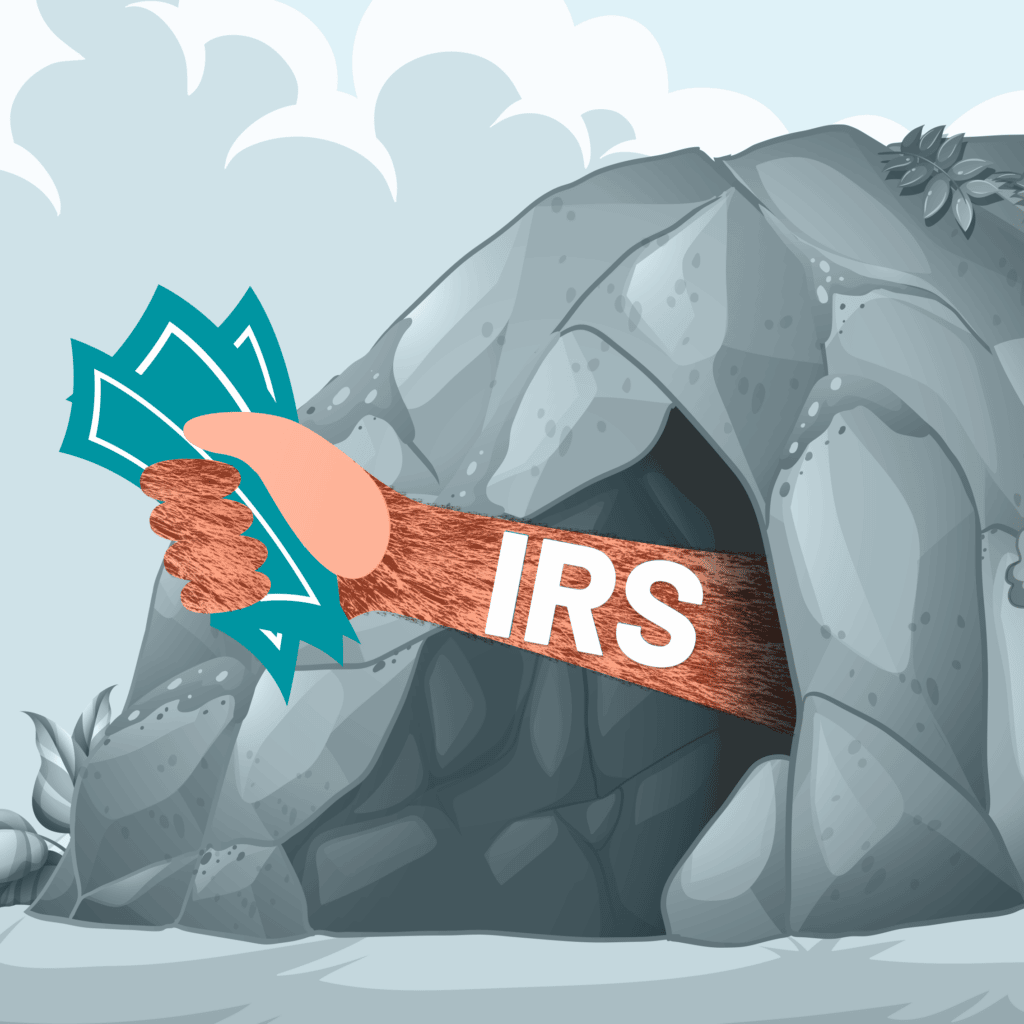
A wrongful death claim can provide you and any other qualifying surviving family members financial compensation for their loss. Wondering, “How are wrongful death settlements paid out?” The money from a wrongful death settlement can be paid to you and other surviving family members via a lump sum payment or via a structured settlement agreement. Each method has its own set of benefits and drawbacks. The method of payment is often a negotiated term of the settlement agreement.
The death of a close family member is a trying experience. If another person’s negligence caused your loved one’s death, the grieving process can be particularly difficult. While nothing can take the place of the loved one who died, a financial award can help ease the burden.
How Do Lump Sum Payments Work?
A lump-sum payment is essentially one payment made by a Defendant, or his or her insurance carrier. For example, if a victim’s family members and a Defendant agree to settle a case for $1,000,000, a lump sum payment means the Defendant pays the victim’s family $1,000,000 via one check. Lump-sum payments are common in cases where a Defendant has an insurance policy with a high coverage limit, or in cases where a Defendant has vast financial resources or assets.
The benefit of a lump sum payment is that it can allow you to immediately pay off any debts that resulted from your loved one’s death, such as medical bills and funeral expenses. Additionally, a lump sum payment can help you deal with other expenses if your loved one provided you with your primary source of income. The downside of a lump sum payment is that you or other qualifying family members may inadvertently spend the money all at once rather than saving the money.
What Is a Structured Settlement in a Wrongful Death Case?
Unlike a lump-sum payment, structured settlements often occur in cases where surviving family members elect to receive the money from their settlements in set installments. For example, if a victim’s surviving family members and a Defendant agree to settle a case for $1,000,000, a structured settlement agreement would result in the surviving family members receiving ten payments of $100,000. Depending on the terms of the settlement, you could elect to receive the payments on a monthly or yearly basis. You could also include a provision where the first payment is a larger sum of money, e.g., $500,000, and the remaining payments satisfy the remaining $500,000.
Structured settlements are common in situations where a Defendant does not have sufficient money to pay the entire settlement upfront. One benefit of a structured settlement is that it allows you and other surviving family members to responsibly manage the money. Another benefit of a structured settlement is that it can limit the temptation to spend money irresponsibly. This is often common in situations where surviving family members are very young. The drawback of a structured settlement agreement is that you may not be able to pay debts that occurred due to your loved one’s death or legal fees immediately.
Is the Settlement in a Wrongful Death Case Taxable?
Depending on what you are being paid for in a wrongful death settlement, you may have to pay taxes. To understand how a settlement from a wrongful death case is taxable, it is necessary to understand how wrongful death cases work.



Under Nevada law, a victim’s surviving family members or the personal representative of the victim’s estate can pursue a wrongful death case against a potential defendant. Surviving family members, in order of merit and qualification, including the victim’s spouse, children, parents, siblings, and the closest surviving family member who is not a parent or sibling.
Nevada imposes a two-year statute of limitations on wrongful death claims. To win a wrongful death case, you and any other qualifying family members must prove the victim died as a result of the Defendant’s negligence. Additionally, you and any other qualifying family members must prove that you suffered monetary damages as a result of the victim’s death.
The number of damages you may be able to claim and receive in court via successful lawsuit influences the amount of a settlement. You and any other qualifying family members can claim damages based on things like:
- The victim’s lost earnings
- Any pain and suffering the victim experienced before his or her death
- Loss of employment benefits from the victims, e.g., healthcare insurance
- Loss of inheritance
Additionally, you and other surviving family members can also claim damages based on the loss of the companionship, care, and affection the victim provided. You can also claim damages based on your grief and sorrow. Finally, the personal representative of the victim’s estate can recover damages based on:
- The victim’s medical bills
- Any applicable property damage
- Reasonable funeral cost
- Reasonable burial cost
A victim’s estate can also claim punitive damages, which are known as exemplary damages. Punitive damages serve to punish a Defendant and act as a deterrent. Successfully obtaining a punitive damages award at trial is generally difficult. Typically, a Plaintiff must prove that a Defendant committed an act of fraud, malice, or oppression. Nevada State law places a limit on the type of cases in which surviving family members may claim punitive damages. Additionally, Nevada State law places caps on certain punitive damage awards.
The facts of each case are different, which in turn can affect the amount of money a victim’s family can receive from a settlement agreement. For example, let’s say that a victim died during the deadliest holiday in the United States as a result of a drunk driver’s negligence. The surviving family members may be able to argue for a larger settlement award due to the enhanced amount of grief and sorrow they experienced because their loved one died on a holiday. Additionally, the victim’s estate could also seek a settlement based on the amount of punitive damages that could be obtained from a trial.
In general, settlements from wrongful death claims are not taxable. The Internal Revenue Service classifies money from a wrongful death settlement as resulting from a personal injury or physical illness. These categories of “income” are non-taxable. Specifically, the Internal Revenue Service does not tax any portion of the settlement that is for the pain and suffering the victim endured before his or her death.
However, other portions of the settlement are taxable. Specifically, the portion of a settlement that goes toward a victim’s medical bills is taxable. Additionally, the portion of the settlement based on the victim’s lost wages is also taxable. Finally, the Internal Revenue Service will tax any punitive damages portion of a settlement.
Services an Attorney Can Provide
You should consult an experienced personal injury attorney before engaging in settlement discussions. An attorney may be able to negotiate a more favorable settlement agreement. Additionally, an attorney can negotiate a settlement agreement that minimizes the taxable portions of a settlement award.
How Are Wrongful Death Settlements Divided?
Nevada State law also dictates the division of money from wrongful death settlements between surviving family members. Generally, Nevada law requires an heir or qualifying surviving family member to go to court and prove how his or her damages are related to the victim’s death. This includes a person that would have received property from the victim upon his or her death. Commonly, courts award a surviving spouse the largest portion of a settlement. Courts then award the victim’s children the next largest amount of a settlement award, followed by other qualified surviving members such as parents and siblings.









